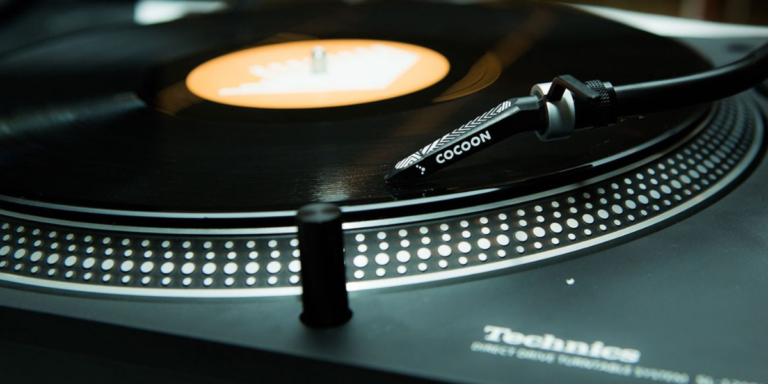Do DJs Bring Their Own Equipment?
When a person first decides to switch into the world of DJs – whether they are someone aspiring to be one or fans of musicians/entertainment agencies themselves – entering through a school would have them question whether DJ carries his tools for performance himself. Enclosing “yes” or “no” in this question – what matters is on criteria like event type size, or personal choice – might reduce it down to its least complicated shade but we will discuss particular circumstances when having one’s equipment won’t be required toward performance.
Understanding the Different Types of DJs
Before delving into the subject, it is important to make an admission that there are actually two principal kinds of DJs.
- Studio DJ(s)
- Live Performance DJs
DJs who perform live give totally different experiences from those producing music in studios. Since the former put on display their mixes for audiences while the latter practices crafting out of isolation and therefore it follows that equipment requirements will also vary widely.
Studio DJs and Equipment
Utilizing an array of software tools, hardware components and controllers, studio DJ frequently craft a seamless mix of music to enliven audiences. Since their concerts mainly involve presenting pre-recorded sets rather than producing live music on stage – bringing additional devices is often unnecessary. Typically performed using a USB drive or computer to supply audio – this setup plays through venue-provided sound systems or specialized event organizers’ equipment.
Live Performance DJs and Equipment
Performing at concerts requires precision and expertise from live DJs who come prepared with highly personalized techniques for engaging their audience. They often travel with specialized equipment in which they’ve developed a reputable skillset over time. Using dynamic methods such as improvised remixes or intricate special effects during their shows is an incredible way for them to leave crowds wanting more.
For this reason alone, transporting personal components is usually essential including:
1. DJ Controllers
Professional DJs have the skill to expertly merge music using special tools that combine the functionality of a mixer, decks, and other physical buttons and knobs.
2. Turntables and Vinyl
For some DJs, nothing beats the classic technique of mixing vinyl records. These individuals might choose to bring turntables with them to provide an unmatched analog sound.
3. CDJs and USB/SD Media
With modern technology, things become a lot easier and more precise for DJs. Quality CDJ players have been the choice equipment for many DJs who want go as smoothly on CDs or USB/SD cards as they do on turntables. Others prefer to bring personal mixers such as CDJ in order to ensure consistency during performances.
4. Mixer
With the mixing features provided by mixers, along with the integration of special effects and audio levels controls; DJs are able to create their musical environment rich enough for their audiences’ enjoyment. Such abilities thus allow them to be free to mold their music in any way that is unique to themselves.
Factors Influencing the Decision
1. Venue and Event Requirements
In some instances where clubs furnish sound systems, mixers, and decks for their patrons’ entertainment needs; restrictions prevent DJs from bringing additional gear. Correspondingly certain festivals or events institute guidelines enforcing the specific tools DJs must employ when performing live sets.
2. Travel Considerations
Disc jockeys who often tour for their shows may opt to utilize the equipment provided by the venue rather than bringing their own. Particularly when performing outside their native country.
3. DJ’s Experience and Personal Style
Experienced DJs that use specific equipment may bring their own. Consistency and sound production are ensured.
Conclusion
Depending on the DJ’s style and the concert’s particulars, DJs may or may not bring their own equipment. For those who prefer giving live performances in front of crowds—conversely to those who create exclusively in-studio—bringing personal gear to gigs typically translates better sound control and overall consistency that can really set them apart. Less frequently, DJs may rely on equipment available at venues where they perform. It is ultimately helpful for rookies in this profession to learn about these differences so that they can make confident equipment choices that allow for maximum expressiveness in their sets.








